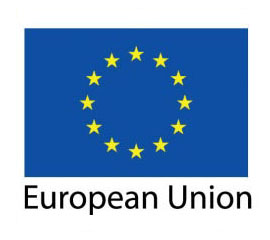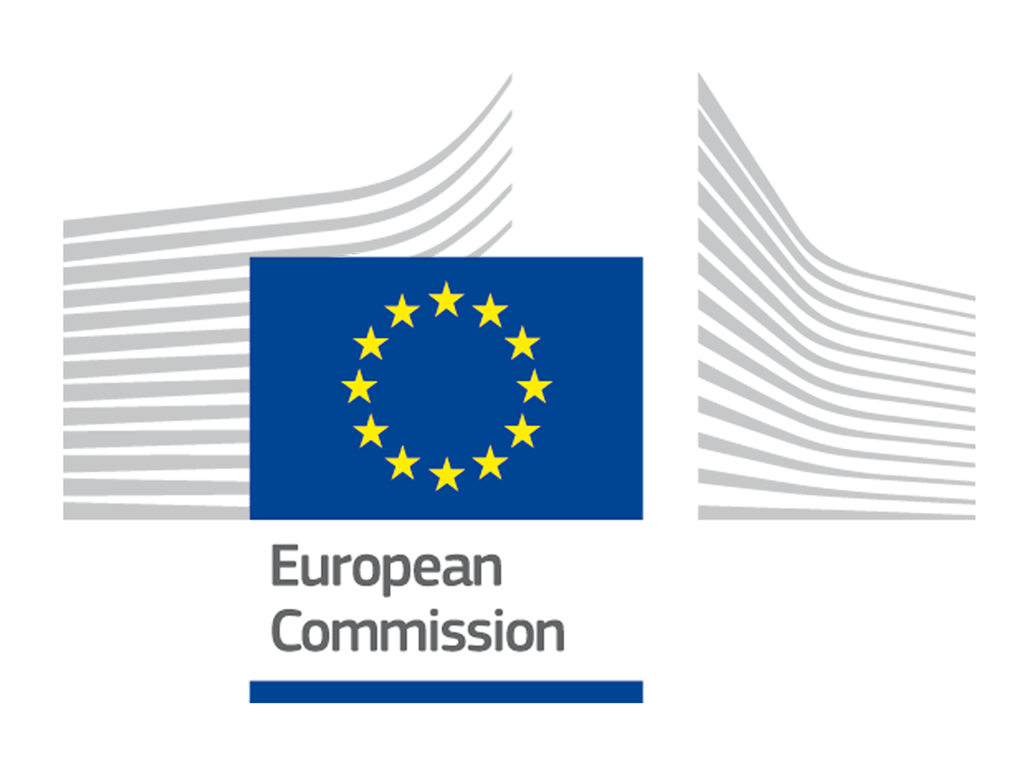Location
The European Union is a unique economic and political union between 28 European countries that together cover much of the continent.
European Union
The EU was created in the aftermath of the Second World War. The first steps were to foster economic cooperation: the idea being that countries that trade with one another become economically interdependent and so more likely to avoid conflict.
The result was the European Economic Community (EEC), created in 1958, and initially increasing economic cooperation between six countries: Belgium, Germany, France, Italy, Luxembourg and the Netherlands. Since then, a huge single market has been created and continues to develop towards its full potential.
Members:
Resources
Displaying 51 - 52 of 52Council Directive 86/278/EEC on the protection of the environment, and in particular of the soil, when sewage sludge is used in agriculture.
The purpose of this Directive is to regulate the use of sewage sludge in agriculture in such a way as to prevent harmful effects on soil, vegetation, animals and man, thereby encouraging the correct use of such sewage sludge. Member States shall prohibit the use of sludge where the concentration of one or more heavy metals in the soil exceeds the limit values which they lay down in accordance with Annex I A and shall take the necessary steps to ensure that those limit values are not exceeded as a result of the use of sludge.
Council Directive 91/676/EEC concerning the protection of waters against pollution caused by nitrates from agricultural sources.
This Directive aims to reduce water pollution from nitrates used for agricultural purposes and to prevent any further pollution. It is closely linked to other EU policies which address air and water quality, climate change and agriculture.



